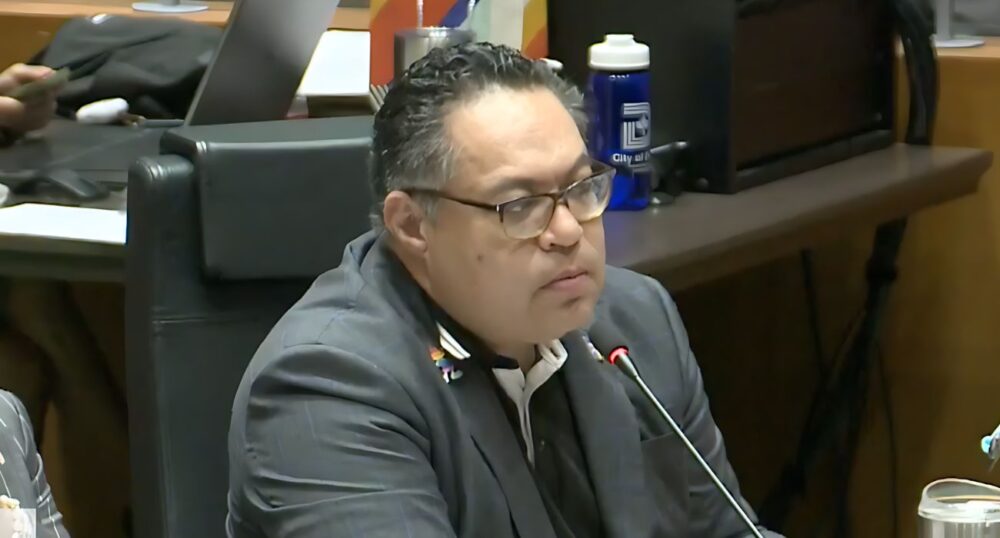Dallas city officials, including five council members and at least four staffers, will be traveling to Tokyo to study Japan’s high-speed rail system, a trip expected to cost around $50,000, funded partly through hotel occupancy taxes, WFAA reported.
The trip’s purpose is to gather insights on rail infrastructure to inform future plans for a proposed Dallas-Houston high-speed rail.
Delegates will meet with Japanese rail officials, government leaders, and American diplomats, focusing on economic development around stations.
This comes as Dallas recently approved a study on high-speed rail feasibility, although some council members favor waiting for study results before proceeding further.
On Election Day, Dallas residents will vote on amendments S, T, and U, also known as the “HERO” amendments, due to over 170,000 city residents stepping up and signing a petition to get them included on the ballot.
If approved by voters next week, these amendments would create performance incentives for the City manager, increase pay for police officers, require the city to hire roughly 1,000 additional officers, improve the Dallas Police & Fire Pension System, and enable citizens to file lawsuits against City officials who do not abide by the Dallas City Charter, Dallas City Code, or state laws.
Participants in the Japan trip, including Councilmember Omar Narvaez, see the trip as essential for understanding high-speed rail’s technical and economic impacts, believing the insights gained will benefit Dallas for generations.
“It is extremely important that we go see and learn about this mode of transportation,” Narvaez, the chair of the city’s Transportation and Infrastructure Committee, told WFAA. “We need to fully understand this because it’s going to affect the city of Dallas for the next 75-100 years.”
Narvaez will be joined on the trip to Japan by fellow council members Adam Bazaldua, Gay Donnell Willis, Jesse Moreno and Zarin Gracey.
The itinerary includes a cultural exchange with Sendai, Dallas’s sister city, alongside meetings with Tokyo rail authorities. The group leaves Dallas on Wednesday and is set to return the following Tuesday.
“By studying this successful model directly, our team will gain invaluable insights into the technical, economic, and social aspects of high-speed rail,” a city spokesperson told WFAA. “This experience is not only prudent but essential for understanding how a high-speed rail system can be tailored to meet Dallas’s unique needs and contribute to the city’s long-term economic vitality.”


